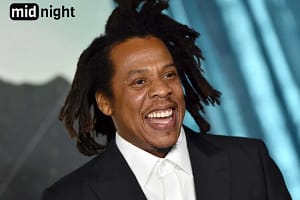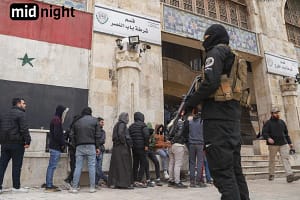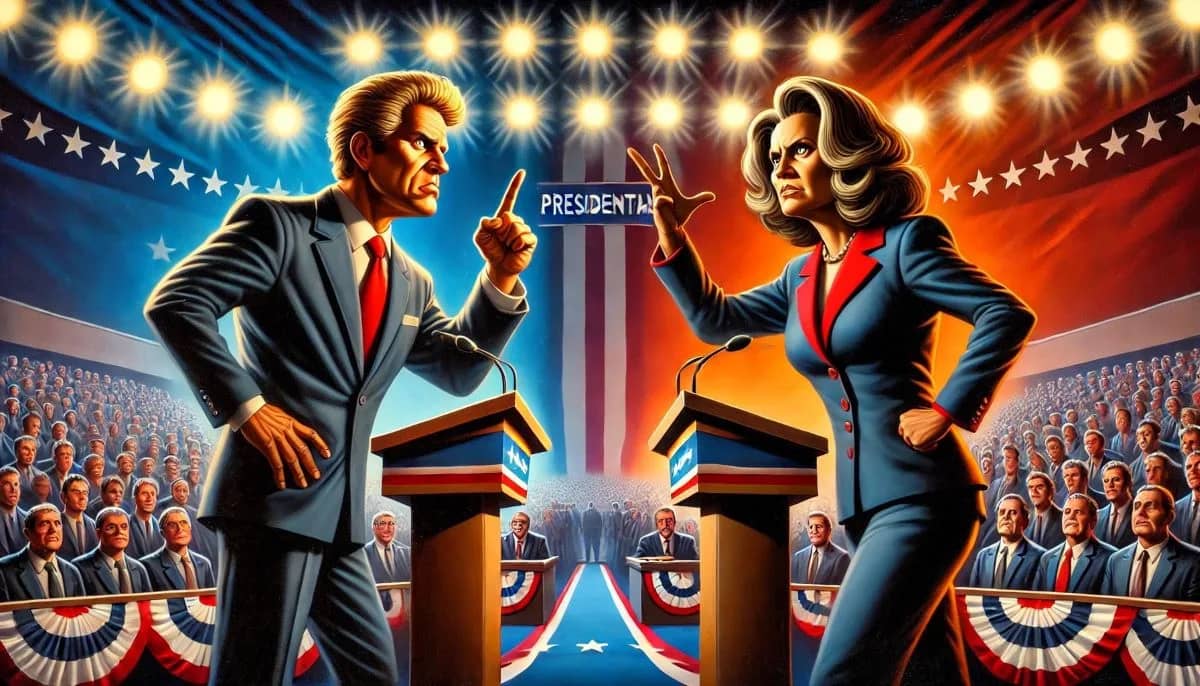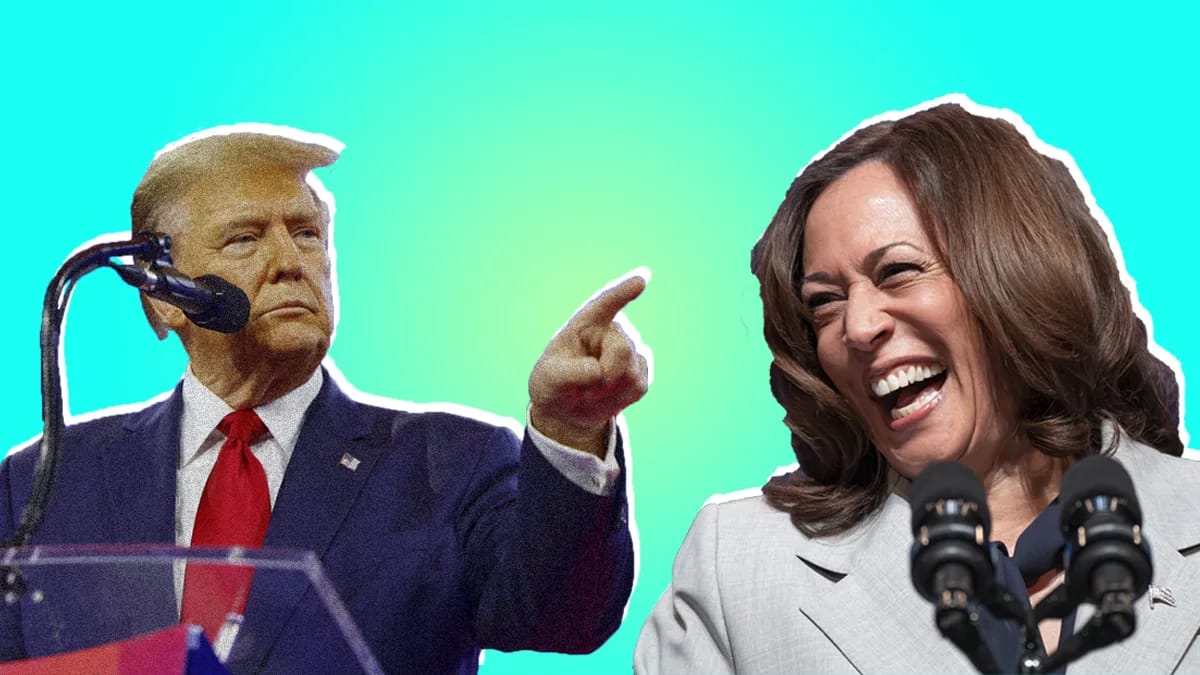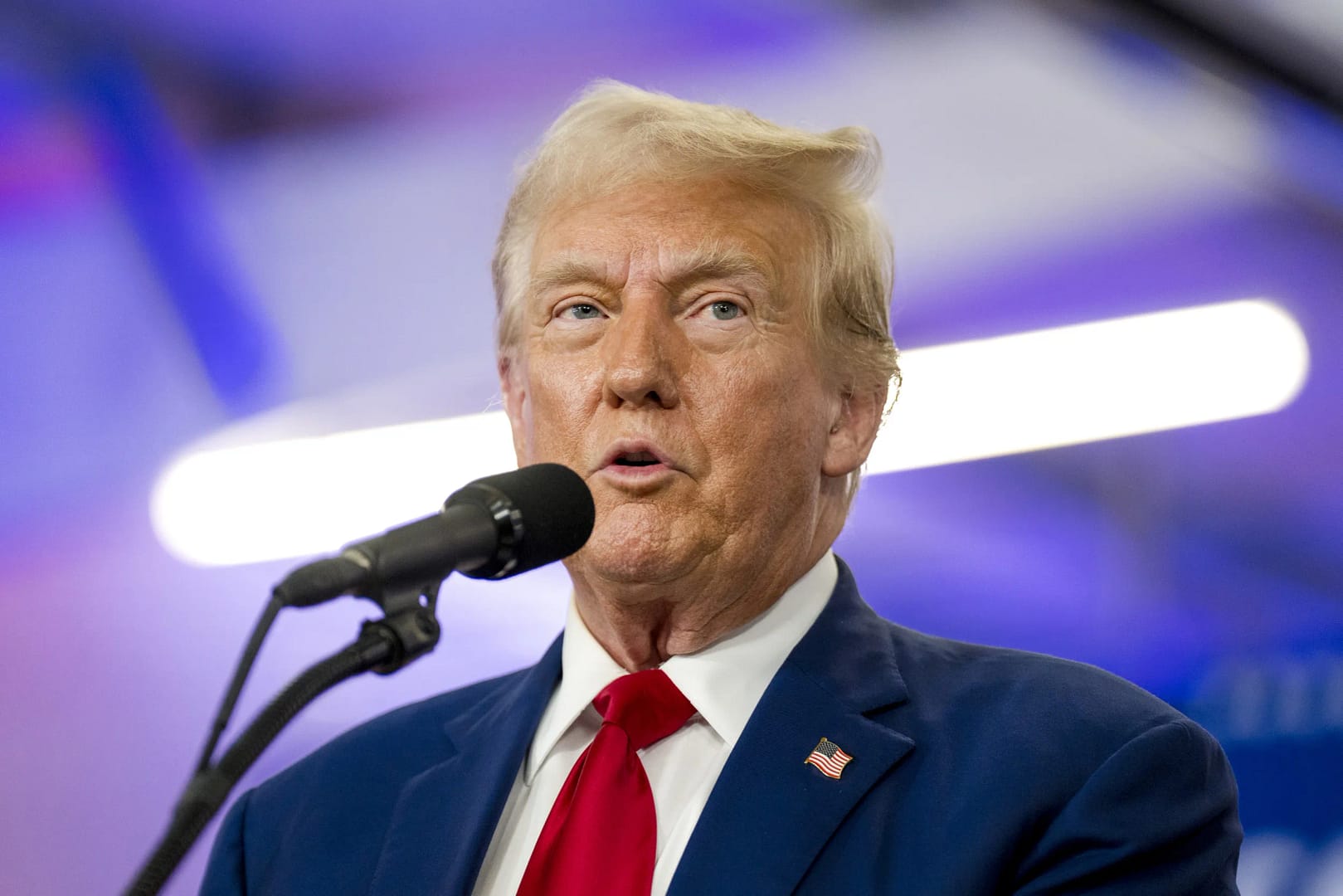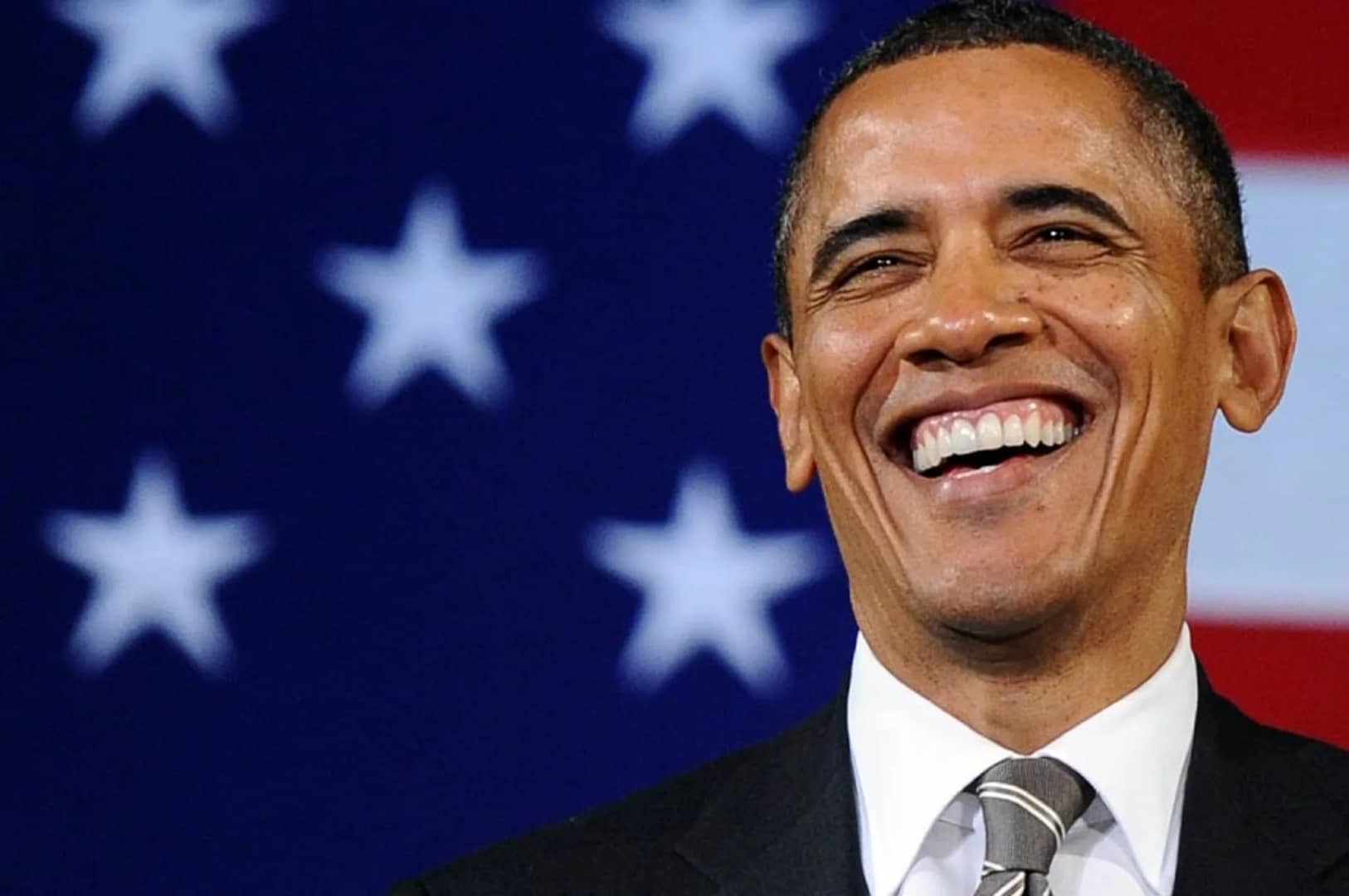Table of Contents
Bangladesh is once again right in the middle of political turmoil-true to its tradition marked by unrest, protests, and accusations of corruption. At the center of all this turmoil is the Prime Minister, Sheikh Hasina, who has been continuously in power since 2009. Under her leadership, the regime of the Awami League Government has been checked by high economic growth and infrastructural development along with charges of authoritarianism, human rights abuses, and suppression of political opponents. The political scenario in Bangladesh is gradually becoming unstable ahead of the next general election. It has drawn wider international attention, especially from India, the UK, and the USA.
Sheikh Hasina and Her Political Stance
Sheikh Hasina, the daughter of Sheikh Mujibur Rahman, the founding father of Bangladesh, has been a prominent figure in Bangladeshi politics for decades. She is known for her resoluteness and leadership, whereby she has managed to steer Bangladesh toward significant economic growth. During her tenure, GDP growth rates have been impressive, infrastructure and social sectors have improved, but the leadership style has become increasingly autocratic. For years, the government has faced accusations of restricting press freedom, putting political opponents in jail, and manipulating the judiciary as a means to stay in power.
Read More : Trump’s Shocking Surge: How He’s Winning the Election 2024 and What It Means for America and the World!
But her government’s handling of the recent conflict has elicited both domestic and international controversy. Accusations of rigging in previous elections had already made this a point of opposition from the Bangladesh Nationalist Party-headed opposition. The opposition claims Hasina’s government has used state machinery to silence dissent and ensure electoral victories.
Recent Unrest and Protests
The current political crisis in Bangladesh blew out of proportion in the recent months as opposition parties, primarily the BNP, demanded free and fair elections under a neutral caretaker government. This demand arises out of the apprehension that the ruling Awami League may use its power to affect the outcome of the elections. The government has, however dismissed the idea of a caretaker government giving rise to protests and demonstrations all over.
These demonstrations have more often than not descended into violence, with the struggle between law enforcers and protesters leaving a lot of casualties and arrests in its wake. It is accused that the government has used brutal forces to handle the situation and to suppress the voice of dissent. Human rights organizations like Amnesty International and Human Rights Watch raise concern over the situation.
Sheikh Hasina’s Relations with India, the UK, and the USA
She has thereby established a rapport with India, which is one of the influential actors in the regional geopolitics of South Asia. India has also been an all-weather ally for Hasina’s regime, considering her government’s reciprocatory attitude and policies regarding security issues, trade, and counter-terrorism measures. But this has also proved a double-edged sword for Hasina, as many of her political rivals criticized her for being too friendly with Indian interests at the cost of Bangladesh’s sovereignty.
Read More : Arrest of Telegram’s Co-Founder Sparks Global Outrage: Is This the End of Privacy as We Know It?
She also fostered relations with the UK and the USA on the international platform. The US has generally seen Bangladesh under Hasina as a strategic partner in maintaining stability in South Asia, especially with regards to counterterrorism efforts. Her performance has earned her stripes for many in the US on human rights violations and democratic backsliding in Bangladesh. Relations between the two countries have further deteriorated over the recent imposition of US sanctions on the Rapid Action Battalion, an elite force accused of extrajudicial killings and enforced disappearances.
Hasina had to resign and leave the country. She was responsible for her situation. She made Islamists to grow. She allowed her people to involve in corruption. Now Bangladesh must not become like Pakistan. Army must not rule.Political parties should bring democracy & secularism.
— taslima nasreen (@taslimanasreen) August 5, 2024
The UK, for its part, has maintained diplomatic ties with Hasina’s government but kept silent about the internal political issues in Bangladesh. However, as a vocal proponent of democracy and human rights, the UK from time to time speaks out against political repression in Bangladesh.
Impact on the General Public and the Economy
The long conflict has caused severe damage to the economy of Bangladesh, which is still suffering from the COVID-19 pandemic. Garment industries, which play an important role in the GDP of Bangladesh, are also being hindered by all the political turmoil and protests. International investors are skeptical of the volatile political scenario; that may ensnarl foreign direct investment into the country.
This situation has turned into a complete loss of confidence among the general masses in the political process where ordinary citizens seem to be caught between a government that is perceived as increasingly authoritarian and an opposition which has failed to represent a viable alternative. It has helped to create an environment of disillusionment and frustration among the people of Bangladesh.
Sheikh Hasina’s Family and Speculations
Sheikh Hasina’s family, more her children, figure more in her political narrative. Her son, Sajeeb Wazed Joy, a US-based IT professional, is highly considered to be a potential successor to her political mantle. He has been involved with some digital initiatives and political strategies going hand in glove with Hasina’s vision for a “Digital Bangladesh.” However, his involvement in politics from afar has drawn both support and criticism.

Current Scenario in Bangladesh and the Way Forward
The immediate scenario in Bangladesh is grim and uncertain. The political climate remains incendiary, and there are apprehensions that the election may heighten tensions further. International bodies, along with foreign governments, especially the US and the EU, have called for transparent and free elections, thus asking the government to provide equal opportunities for all political parties.
But to Sheikh Hasina, this balancing act between her autocratic grip on power and the call of the people for democratic reforms is what comes between her and another term. She might win another term if she can successfully thread her way without alienating the international community and her citizenry further. On the contrary, growing unrest and demands for political change might mark a tipping point in the history of Bangladesh.
Final Words
As Bangladesh passes through this critical juncture, the moves of Sheikh Hasina, the opposition, and international actors would determine much in which direction the country would go. Successive months in the coming times would determine whether Bangladesh can come out from this period of turmoil with a stronger democratic foundation or continue further down the vortex of political instability.
Discover more from Midnight India
Subscribe to get the latest posts sent to your email.





